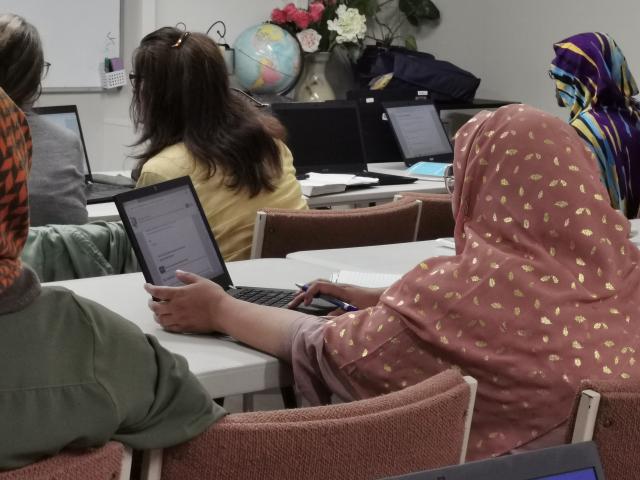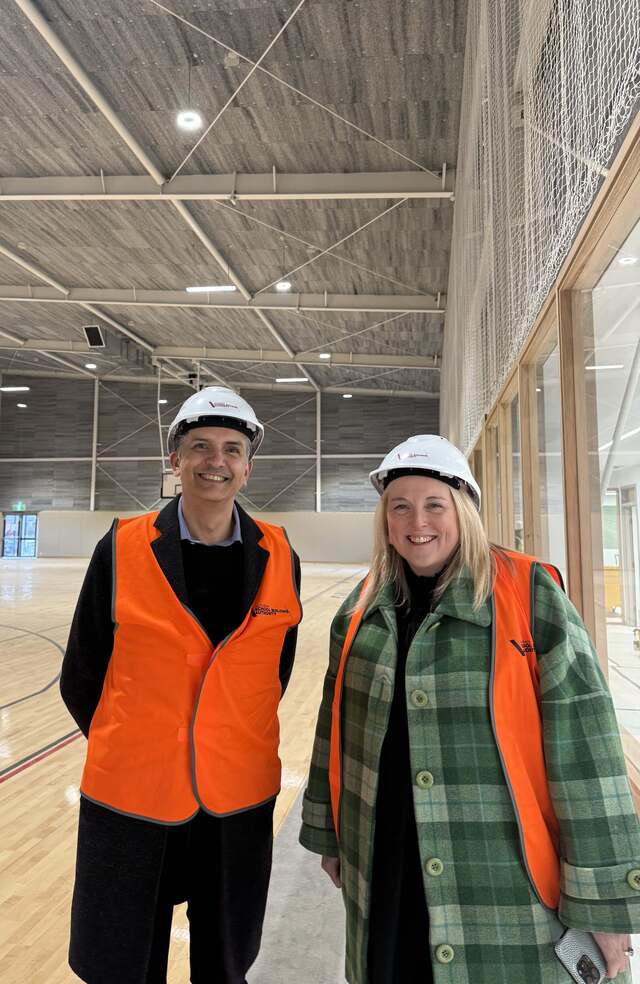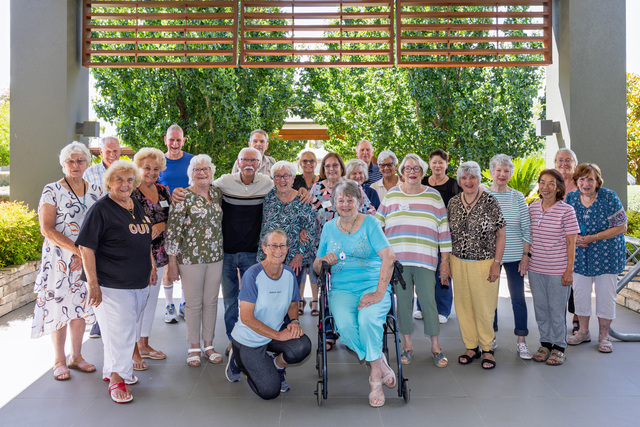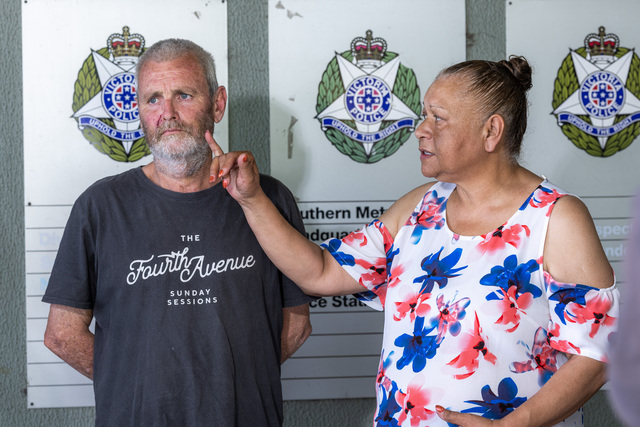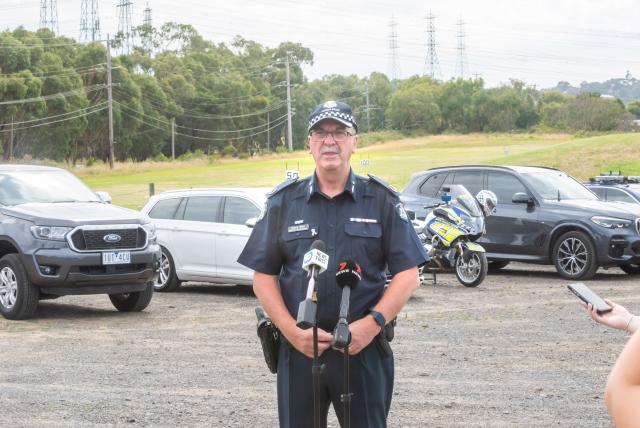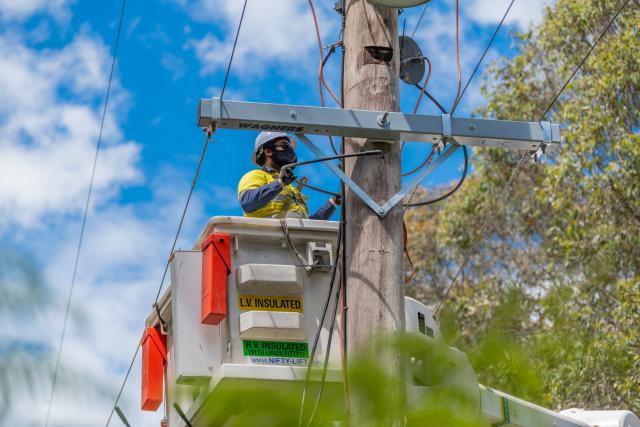Women from migrant and refugee backgrounds are being inflicted with rising levels of ‘tech-facilitated abuse’, according to a South-East based service.
Wellsprings for Women is raising the issue ahead of Safer Internet Day on 6 February.
Chief executive Dalal Smiley says there is an “urgent need” for multilingual, culturally-appropriate TFA education in safe settings but the service lacks funding.
“Wellsprings FV case management has established a pattern of TFA in FV cases, with migrant and refugee women failing to recognise TFA as a form of abuse.
“It is not enough to raise awareness.
“What is needed is a focused, intensive approach where we can work closely with the women and co-design and produce a community-based prevention and early intervention program driven by their experiences and recommendations.”
TFA involves perpetrators using technology such as GPS tracking and social media platforms to harass and abuse women.
Migrant and refugee women are at high risk of TFA due to a lack of digital literacy as well as in understanding what constitutes TFA and what to do when it occurs, according to Wellsprings.
It also cites research findings that women with precarious migration status are less willing to seek help for family violence and engage with services.
This is partly due to perpetrators’ capacity to wield power and control over women, including through threats of deportation, shaming, revenge porn, threats to family living overseas and threats that women would lose access to their children.

